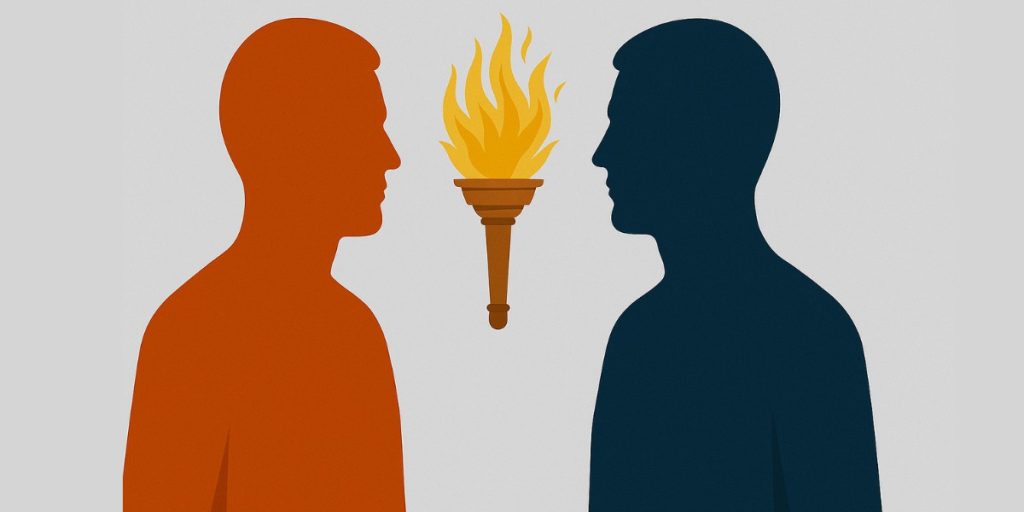
The Enlightenment of the 17th and 18th centuries sparked ideas that have shaped political ideologies for centuries—mainly: individual freedom, equality, and rationality. Although these principles were initially associated with liberalism, they have also played a significant role in forming conservatism.
John Locke’s concept of natural rights—life, liberty, and property—became a cornerstone of classical liberalism, promoting freedom from state interference and universal individual rights. He argued that every individual has natural rights that precede civil and political society. Thus, the concept of liberty became one of the foundations of liberalism. Emerged in the 18th century, classical liberalism laid a much stronger focus on preserving individual freedoms from state interference. It claimed that these rights were universal and inalienable and constituted the bedrock of a society premised on individual autonomy and democratic rule. Moreover, liberalism continues to champion liberty as a means of empowering individuals and expanding democratic governance.
While conservatism is often seen as fundamentally opposed to liberalism, it has also come to adopt the notion of personal liberty—though with some significant qualifications. Conservatives tend to view liberty as balanced by tradition, authority, and social cohesion. As conservative philosopher Roger Scruton wrote, “liberty must coexist with allegiance to established institutions”.
Mikael Hayrapetyan, a BAPG junior, commented on Scruton’s ideas: “Liberals champion unrestricted expression, while conservatives argue that some limits are necessary to preserve social cohesion,” he noted.
Liberalism also embraces equality, particularly the Enlightenment idea that all people are born free and equal—an idea advanced by thinkers like Rousseau. This concept of equality then evolved further into the promotion of democratic governance, the rule of law, and civil rights movements that sought to abolish classist, racist, or sexist barriers.
In particular, modern liberalism seeks to extend the notion of equality from legal protections to more substantive forms, such as voting rights and anti-discrimination laws, in pursuit of a more egalitarian society.
Conservatives, while supporting legal equality, are often skeptical of efforts to enforce social or economic equality through government intervention. Edmund Burke famously argued for equality of rights, not outcomes. Most modern liberals try to push equality more towards equity. At the same time, conservatives believe “equality [has] to do with sameness” and “fairness [is] giving everyone the exact same rights despite disadvantages they may face.”
Edmon Nazaryan, a BAB junior, offered a pragmatic perspective. “In business, we see this debate all the time. Should companies focus on diversity quotas or just hire the best candidates? Liberals argue for systemic change; conservatives stress individual effort. Both sides claim to uphold fairness—it’s just a matter of definition.”
The Enlightenment’s faith in reason also shaped both ideologies. Liberalism leans heavily into rationalism, advocating for policies and institutions grounded in logic, science, and empirical evidence. One of the founding fathers of rationalism, René Descartes, famously said ”cogito ergo sum” (I think, therefore I am), which can be understood as his belief that knowledge should be built on absolute certainty derived from reason.
Many conservatives, however, caution against relying solely on abstract logic. Thinkers like Michael Oakeshott argue that tradition, instinct, and inherited wisdom also play critical roles in decision-making. According to conservatives, the organic evolution of social institutions and the complexities of human nature should not be ignored.
“The Enlightenment promoted reason, but modern politics shows that pure rationalism isn’t always the answer,” Hayrapetyan said. “Conservatives might argue that instincts and traditions should guide policy as much as data,” he added.
While they differ in application, both liberalism and conservatism stem from the same Enlightenment roots. Liberalism tends to emphasize individual autonomy, egalitarianism and scientific progress. Conservatism prioritizes duty, social order and respect for tradition.
Whether in government policy, business ethics, or public discourse, the Enlightenment’s legacy continues to shape our political landscape—proving that history is never just history. In today’s polarized politics, it’s worth remembering that both sides are, in a sense, Enlightenment siblings—still negotiating what it means to build a just and rational society.
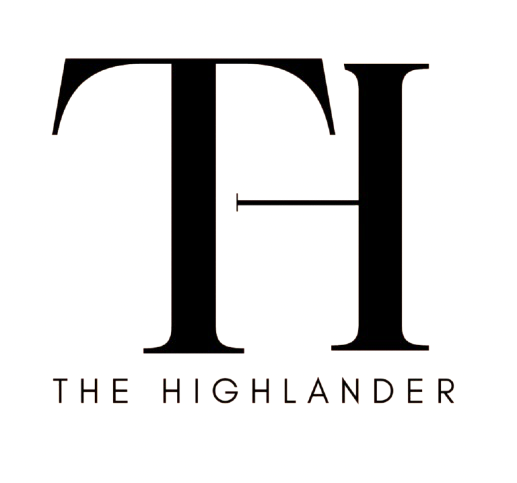
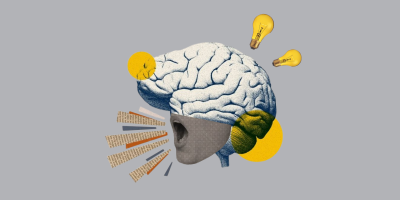

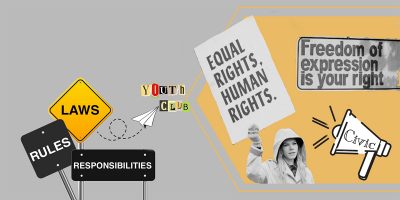

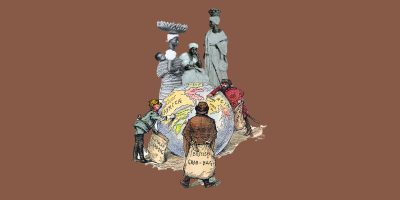



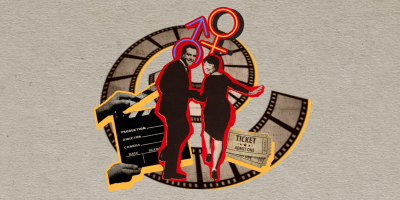
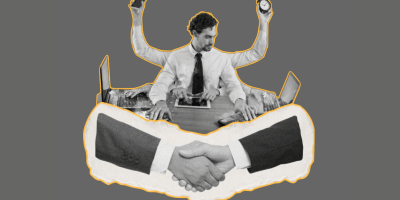


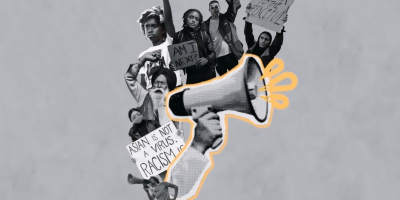
Great post! Very comprehensive and insightful – I agree with your analysis of modern liberalism’s bipartisan nature.